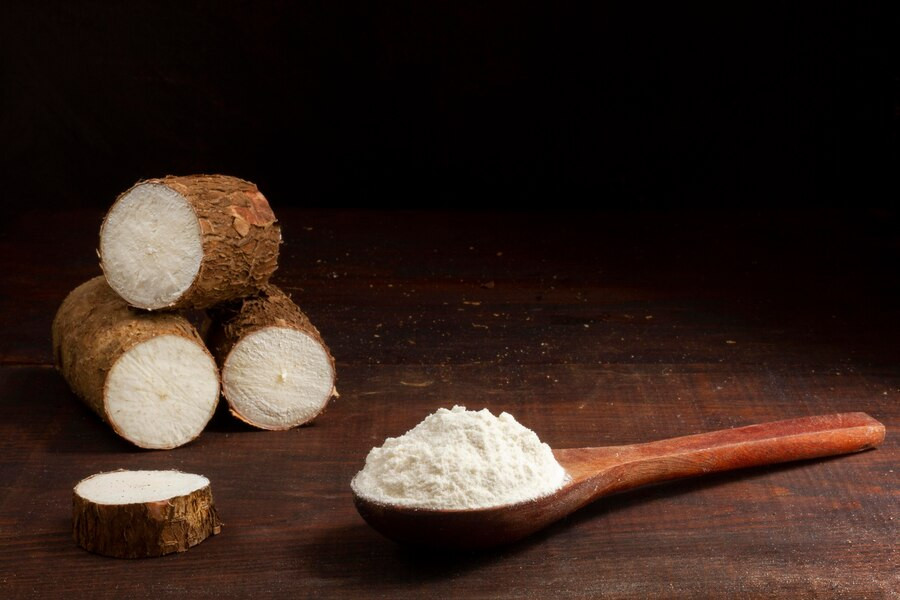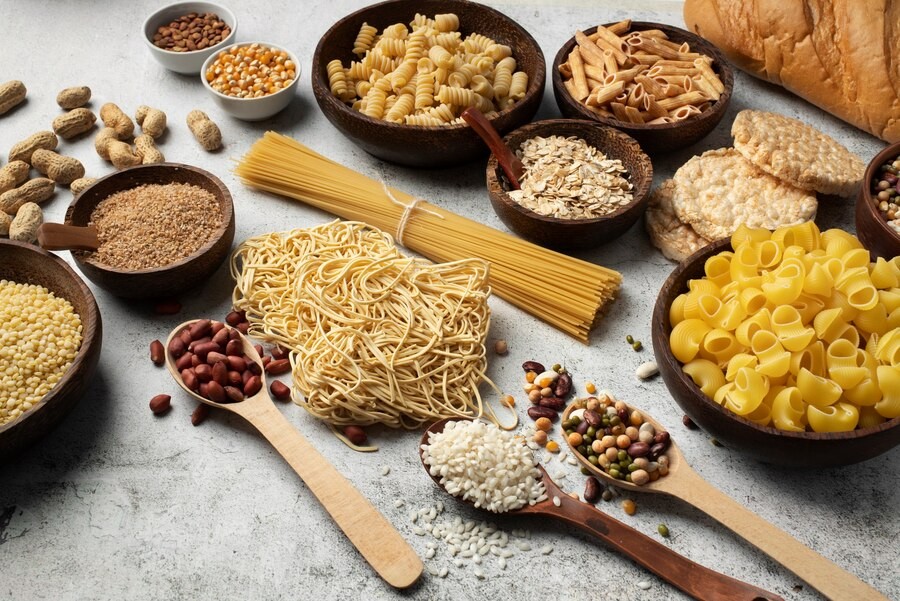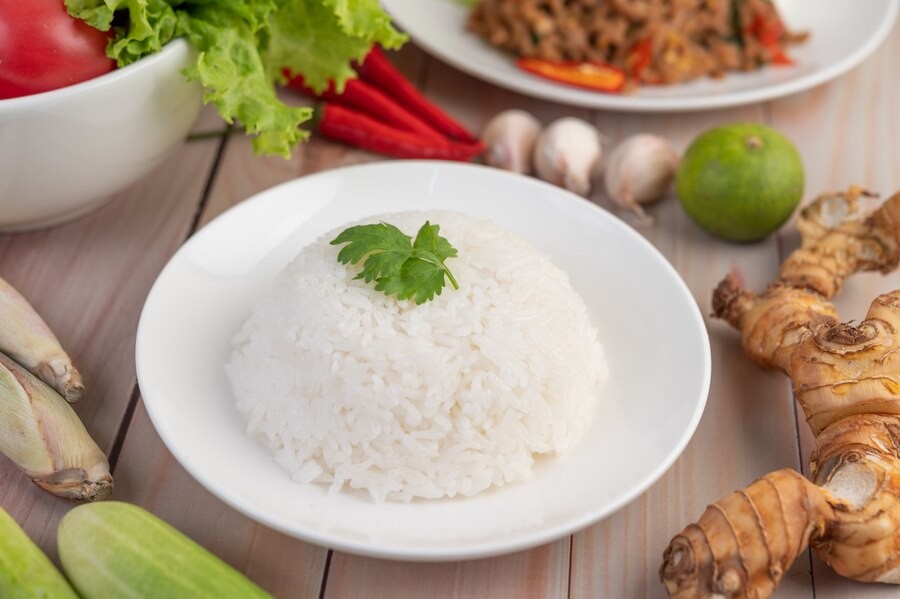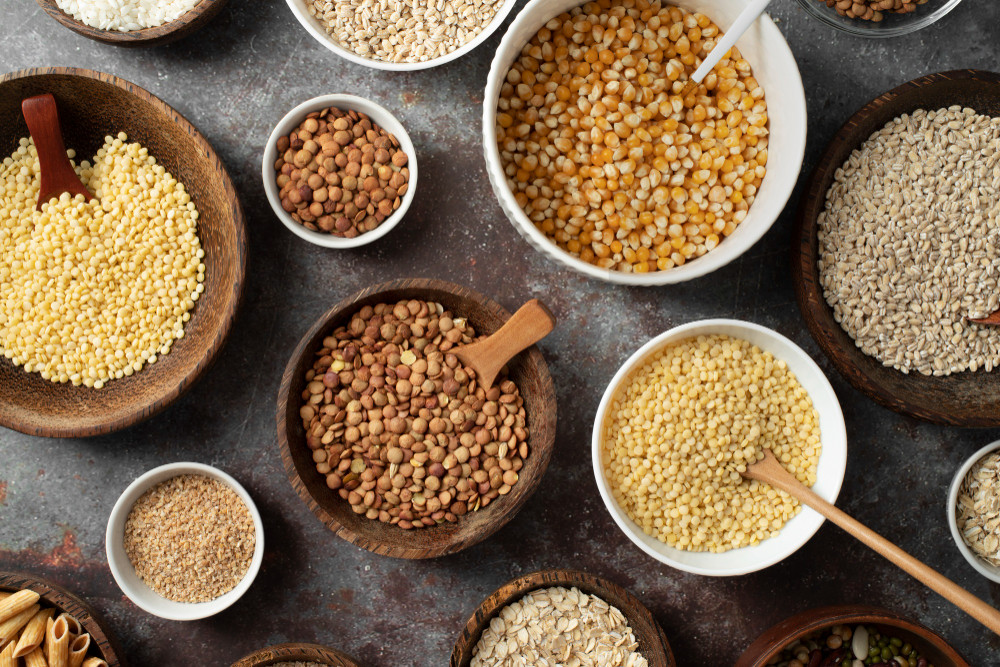Tapioca is one of the flours that are used in the daily processing of food. Cassava is the source of tapioca, which is extracted to produce a soft and chewy texture that is suitable for the production of a variety of culinary products.
Tapioca has both good and bad effects on health. See the review in the following article.
Facts about tapioca flour production
There is a precise procedure to follow while processing tapioca to make flour of the highest quality. The careful selection of cassava is the first step in this process. Cassava is chosen for its large size, high starch content, and age.
After that, the cassava is scrubbed to remove any dirt or soil that may have stuck to it. The cassava will then be peeled, rinsed, and chopped into little pieces for the following step.
The raw cassava will have its toxins cooked out by boiling or steaming the chunks. After the cassava is finely chopped, it is filtered to remove the starch and pulp. To make cassava starch into a fine powder, a specialized drier is used. Filtering this powder results in a constant and smooth texture.
What are the benefits of tapioca flour for health?
Among the various health advantages of consuming tapioca flour are:
- It is a good source of energy because it contains complex carbohydrates, which are the main source of energy for the body
- Tapioca is naturally gluten-free so it is suitable for consumption by people who are sensitive to gluten
- Tapioca resistant starch is associated with enhanced gut health, blood sugar regulation, and a decreased risk of certain diseases.
- Tapioca has a lot of potassium, which helps regulate blood pressure, cell activity, and bodily fluid balance.
Health risks of consuming tapioca
Aside from the benefits, you should be aware of the health risks associated with tapioca flour consumption, which include:
Risk of poisoning
Improperly processed cassava products raise the danger of cyanide poisoning. This is because raw cassava contains the poisonous chemical linamarin. This chemical can be transformed into hydrogen cyanide in the body, resulting in cyanide poisoning.
Allergy
Tapioca allergies are infrequent. However, persons who are allergic to latex may develop allergies as a result of cross-reaction. This occurs because the body misidentifies the chemicals in cassava as allergens in latex, resulting in an allergic reaction.
Mild side effects
Tapioca-based products may also cause mild adverse effects such as bloating, gas, stomach soreness, and nausea.
The tapioca flour we often use is essentially pure starch, safe for eating. Those who are gluten intolerant will also find this flour pleasant. You can use it as a substitute for grains or wheat flour and eat it in a balanced way, even if its usage by itself does not provide any notable health advantages.
If you have more inquiries regarding the advantages of tapioca flour or another food component, you can either visit a doctor or make use of the consultation features that are available in the Ai Care application by downloading the Ai Care application from the App Store or Play Store.
Looking for more information about nutrition, food, and other diet tips? Click here!
- dr Nadia Opmalina
Adda Bjarnadottir, MS, RDN (Ice) (2023). What Is Tapioca and What Is It Good For?. Available from: https://www.healthline.com/nutrition/tapioca#TOC_TITLE_HDR_9
Jillian Kubala, RD (2023). Health Benefits of Tapioca. Available from: https://www.health.com/tapioca-benefits-7508119
WebMD (2020). Tapioca - Uses, Side Effects, and More. Available from: https://www.webmd.com/vitamins/ai/ingredientmono-1607/tapioca
Stephanie Booth (2023). What Is Tapioca? Benefits, Uses, and Recipes. Available from: https://www.webmd.com/diet/tapioca-health-benefits-nutrition-uses
UCLA (2024). Resistant starches newest thing in gut microbiome talk Available from: https://www.uclahealth.org/news/article/resistant-starches-newest-thing-gut-microbiome-talk












